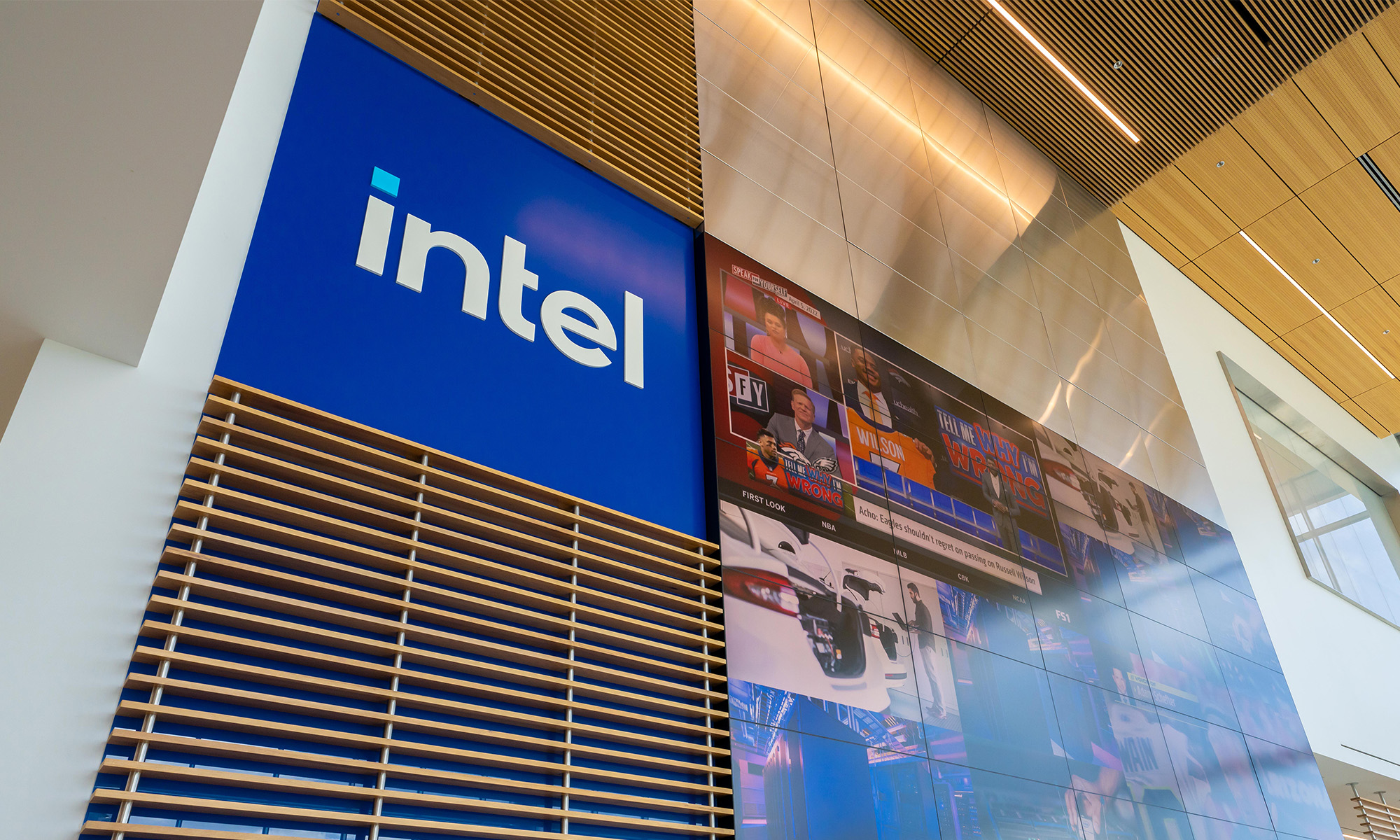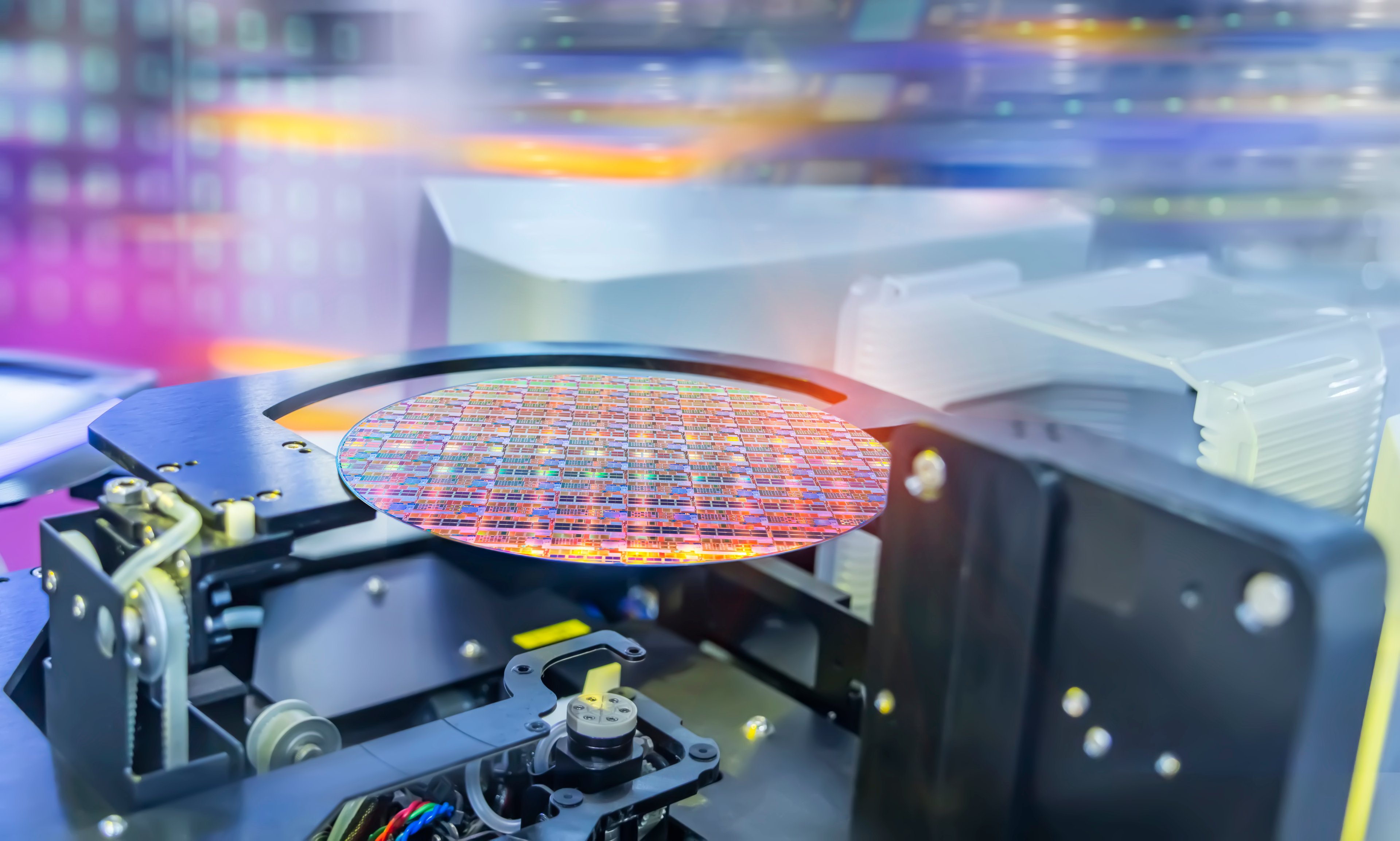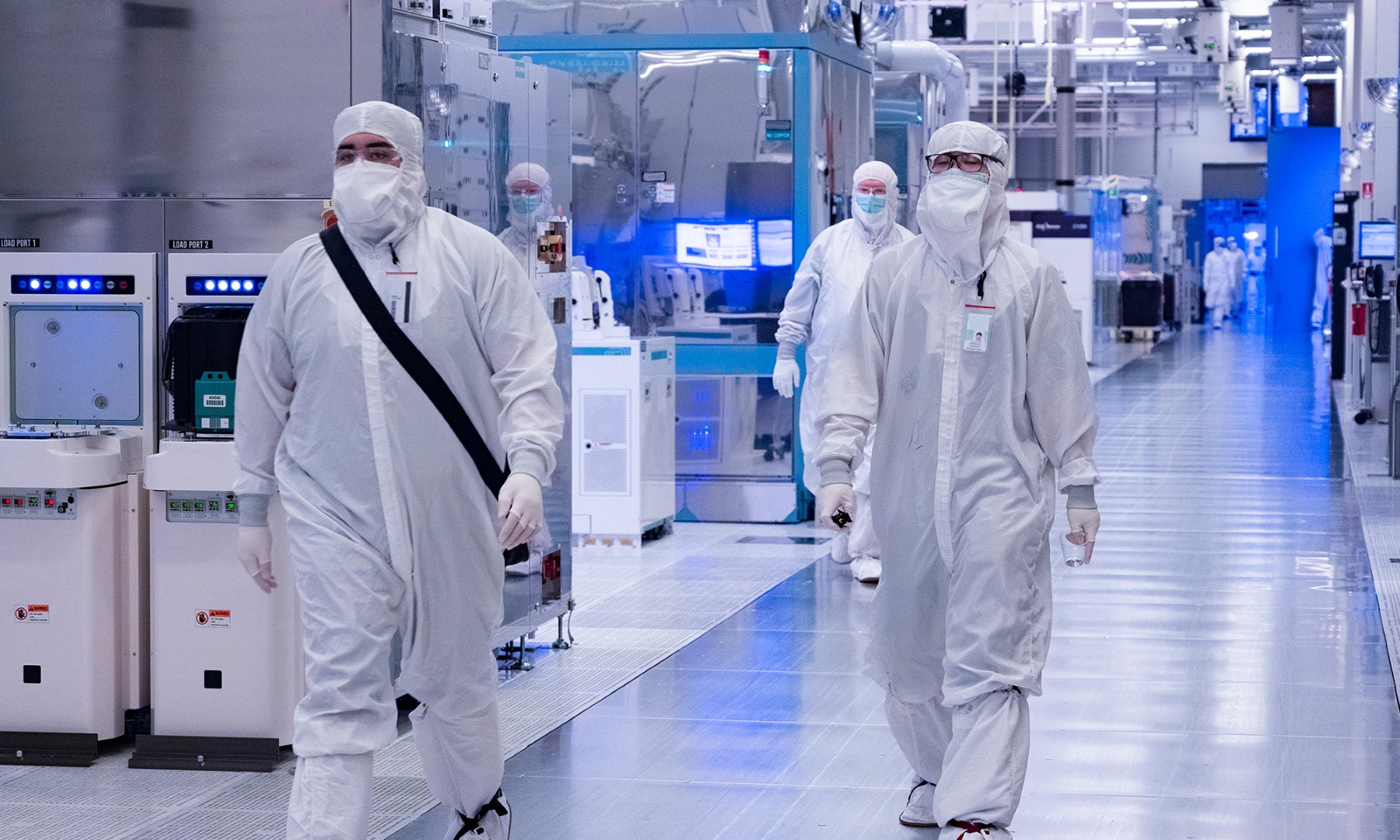Microprocessor specialist Intel (INTC 4.50%) has highlighted self-driving cars as a significant long-term growth opportunity. The idea is that as cars become smarter, they'll require more computing power. Intel is a company that lives and breathes high-performance computing products, which positions it well to capitalize on the self-driving car opportunity.

Intel executive Diane Bryant. Image source: Intel.
At a recent investor conference, Intel Data Center Group (DCG) chief Diane Bryant said that the company has already locked in substantial self-driving car business -- more than $1 billion worth this year.
Buying credibility with investors
It's important to understand that in the embedded business, it takes quite a while to go from a design win to the first production ramps; it'll be a while before that more than $1 billion in booked business starts hitting Intel's top and bottom lines.
Furthermore, the life cycles of embedded designs also tend to be measured in years. So, if Intel is talking about deals worth about $1 billion over the lifetimes in the marketplace, then the annual revenue that Intel is likely to see from those wins is probably going to be relatively small.
This isn't meant to take away from Intel's wins, but investors need to keep that figure in perspective.
The real reason that I suspect that Bryant put that number out there is to try to buy credibility for Intel's self-driving car efforts. Sure, the company has been making a lot of noises about its intention to participate there, and even hired some seasoned automotive industry execs to run things (for example, Kathy Winter, who came from Delphi Electronics).
At the end of the day though, it all needs to culminate in design wins that have the potential to generate a financial return. Intel is seemingly trying to show investors that its efforts in autonomous driving are on track to do just that.
This is looking like a nice opportunity for Intel
Realistically, Intel seems to be one of the best-positioned computing companies in the new world of autonomous driving. The company has many of the right hardware and software capabilities, it's showing a keen interest in investing in the opportunity well ahead of mass-market adoption, and it seems to have brought on some good management talent to orchestrate everything.
Intel just needs to not screw it up.
I don't expect Intel to monopolize this market, but I expect success, and I'm optimistic the company will be able to generate meaningful revenue and profit from it over the next five to 10 years.
Taking a broader perspective
Intel's problem over the last several years is that its core personal computer chip business has been on the decline because the personal computer market itself is in decline. This has led Intel to be very aggressive in trying to find new long-term growth opportunities to offset the personal computer decline and get the company onto a consistent growth path.
Even if Intel finds real and lasting success in autonomous driving, it probably won't be enough to offset the declines in the personal computer market alone. But, in concert with the company's other growth opportunities, such as its data center efforts, autonomous driving could really help Intel build a bright future in the face of a bleak personal computer market.






